Hydrogen ‘clusters’ in the north Queensland city of Townsville and the Gascoyne and Midwest regions of Western Australia (WA) will be supported under an initiative of the National Energy Resources Australia (NERA) network which aims to bring together local players to build skills and advance commercialisation opportunities in the nascent hydrogen industry.
The three new clusters will operate under the Hydrogen Technology Cluster Australia (H2TCA) program, an initiative of NERA, an industry-led not-for-profit organisation set up in 2015 as part of the federal government’s Industry Growth Centre initiative
The new hydrogen clusters, in Townsville in Queensland and in Carnarvon and Geraldton in WA, will join an existing network of 15 clusters across Australia.
NERA is seeking to turn H2TCA into a global identity and recognised brand for Australian hydrogen technology and expertise, providing seed-funding in partnership with governments and industry to pursue opportunities in the emerging hydrogen industry.
NERA chief executive officer Miranda Taylor said the addition of the three new clusters to the network is an important step in creating a globally competitive hydrogen industry.
“Today’s announcement is a crucial step for Australia in building the skills, capacities, technologies and commercialisation opportunities necessary to unlock Australia’s enormous potential to create a globally competitive hydrogen industry that could create thousands of jobs across regional Australia,” she said.
The cluster network is intended to reduce duplication and identify gaps in the development, deployment, and commercialisation of new hydrogen-focussed technologies.
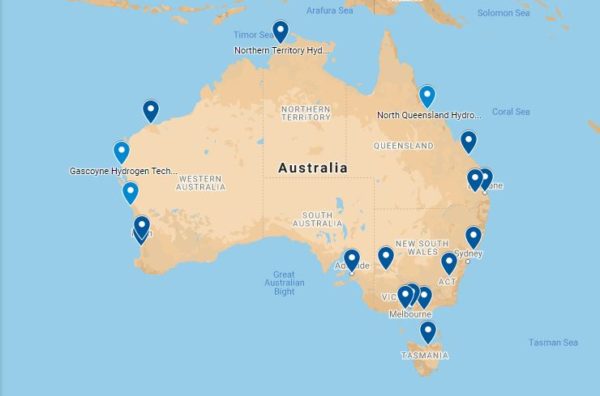
Image: NERA
Energy Minister Angus Taylor said the clusters would encourage innovation and the production of affordable clean hydrogen for use both in Australia and to export.
“These new clusters … will help accelerate hydrogen industry development by enabling vital connection, collaboration, and alignment of action across Australia,” he said.
“Encouraging innovation, and building capabilities, particularly in regional Australia, will help make Australian hydrogen supply chains the most attractive in the world.”
Townsville Mayor Jenny Hill welcomed the designation of the north Queensland city as a hydrogen cluster, but said federal funding is still required to get local proposed projects off the ground.
“Green hydrogen will be an energy of the future and Townsville and North Queensland is uniquely placed to be able to supply green hydrogen to both domestic and export markets,” she said.
“We have substantial suitable land and renewable energy capacity. We already have a number of proponents looking to develop hydrogen production facilities in the city including Ark Energy, Origin Energy and Edify Energy.
“Now … I hope the Australian Government will back this developing industry with the financial and other support it needs to achieve its full potential.”
The green hydrogen industry is expected to directly support 16,000 jobs by 2050, plus 13,000 jobs from the construction of related renewable energy infrastructure.
It is estimated Australian hydrogen production for export and domestic use could generate more than $50 billion in additional GDP by 2050.
This content is protected by copyright and may not be reused. If you want to cooperate with us and would like to reuse some of our content, please contact: editors@pv-magazine.com.
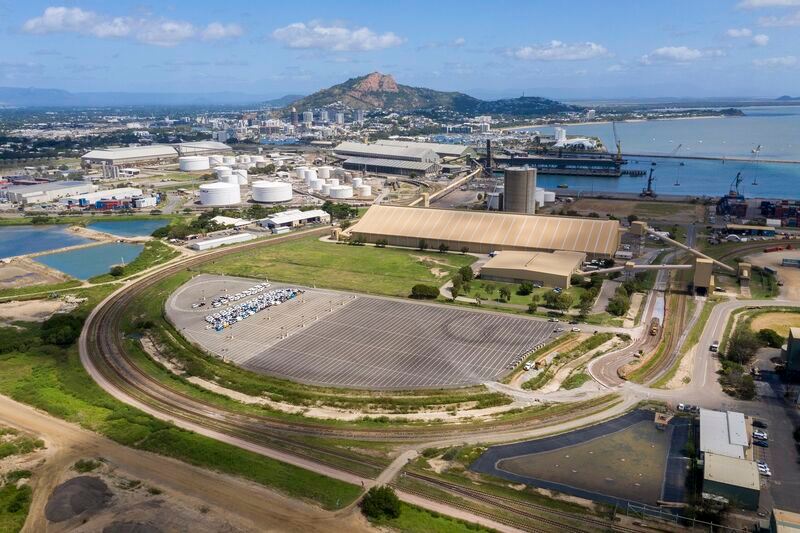


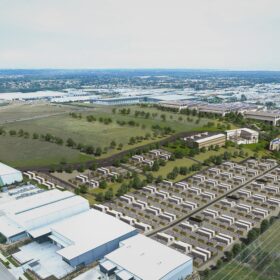
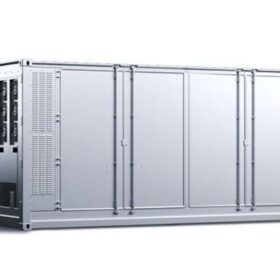
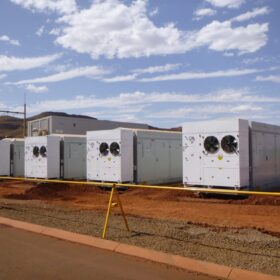
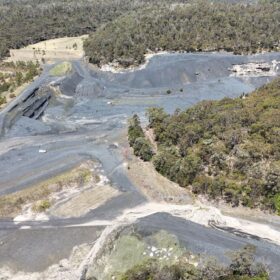
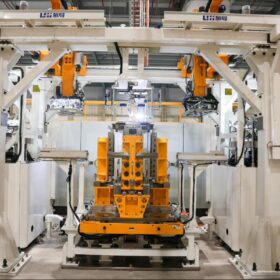
Out of all the places I see Townsville has having the biggest potential for growth, the city is well suited to major industries like hydrogen and the people behind this project should get things going as soon as possible, no delaying or stuffing around. Get shovels on the ground and go.